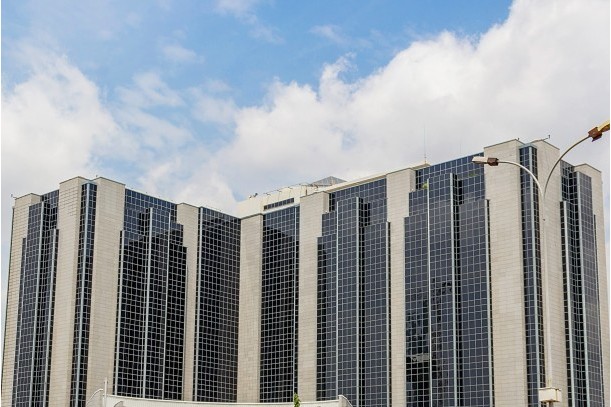Latest News
Moody's affirms ratings of Nigerian banks, downgrades long-term outlook

News Highlight
With regard to the ratings outlook, which was downgraded, Moody's said 244% of the banks' capital bases, as of June 2019, was exposed to Nigeria's sovereign debt securities and loans.
Moody's Investors Service affirmed on Monday the B2 long-term local currency deposit ratings of top Nigerian banks. The ratings action follows Moody's decision to affirm the B2 long-term issuer rating of the Nigerian government, as announced by the ratings agency earlier this month.
The nine Nigerian bank's whose rating affirmations were announced by Moody's are: Access Bank Plc, Zenith Bank Plc, First Bank of Nigeria Limited, United Bank for Africa Plc, Guaranty Trust Bank Plc, Union Bank of Nigeria Plc, Fidelity Bank Plc, First City Monument Bank Limited and Sterling Bank Plc.
However, Moody's also changed the outlook on all the banks' long-term deposit ratings to 'negative' from 'stable.' The long-term outlook designation is also similar to what was earlier assigned to the Nigerian government's long-term issuer rating outlook.
The rationale for the affirmation of the Nigerian banks' ratings, according to Moody's, is a reflection of the resilient financial profiles of the banks despite the difficult operating environment in the country.
“On average, the Nigerian banks benefit from good pre-provision profitability and capital positions; asset quality and foreign currency funding positions have improved over recent quarters, following the recession in 2016," the leading provider of credit ratings and risk analysis said.
With regard to the ratings outlook, which was downgraded, Moody's said 244% of the banks' capital bases, as of June 2019, was exposed to Nigeria's sovereign debt securities and loans. Therefore, given the banks' large holdings of Nigerian government securities and the correlation between the sovereign and banks’ credit risks, the credit profiles and ratings of the financial institutions are inevitably constrained by the negative outlook on the government.
"The rating agency also expects the banking sector to be challenged in maintaining the recent improving trend, particularly as regards asset quality, given the rising bank lending in Nigeria's weak operating environment," Moody's said. "The rating agency expects GDP growth of just over 2% over the next few years, which will remain insufficient to create significant good quality lending opportunities for banks and it will unlikely improve borrowers' credit strength."
The ratings agency also identified some factors that could change the ratings for the banks. Moody's said in the event there is a deterioration in the creditworthiness of the country, there would be a downward pressure on the banks' ratings as a result of their huge exposure to Nigeria's sovereign debt securities.
Furthermore, the firm said the banks could be downgraded if the operating environment worsens beyond what is currently anticipated. Consequently, any downgrade would constrain the banks business activities, while leading to higher asset risk and provisioning costs.
However, an upwards rating review of the banks is limited in view of the assigned negative outlook. Nevertheless, Moody's also said the outlook of some of the banks could change back to 'stable' if the sovereign rating outlook is stabilized and the banks are able to maintain their resilient financial performance.
Related News
Latest Blogs
- The Museum of West African Art saga
- The complexity and complication of Nigeria’s insecurity
- Between bold is wise and wise is bold
- Prospects of port community system in Nigeria’s maritime sector
- Constitutionalism must anchor discipline in Nigerian Armed Forces
Most Popular News
- NDIC pledges support towards financial system stability
- Artificial intelligence can help to reduce youth unemployment in Africa – ...
- ChatGPT is now the most-downloaded app – report
- Green economy to surpass $7 trillion in annual value by 2030 – WEF
- CBN licences 82 bureaux de change under revised guidelines
- Africa needs €240 billion in factoring volumes for SME-led transformation






